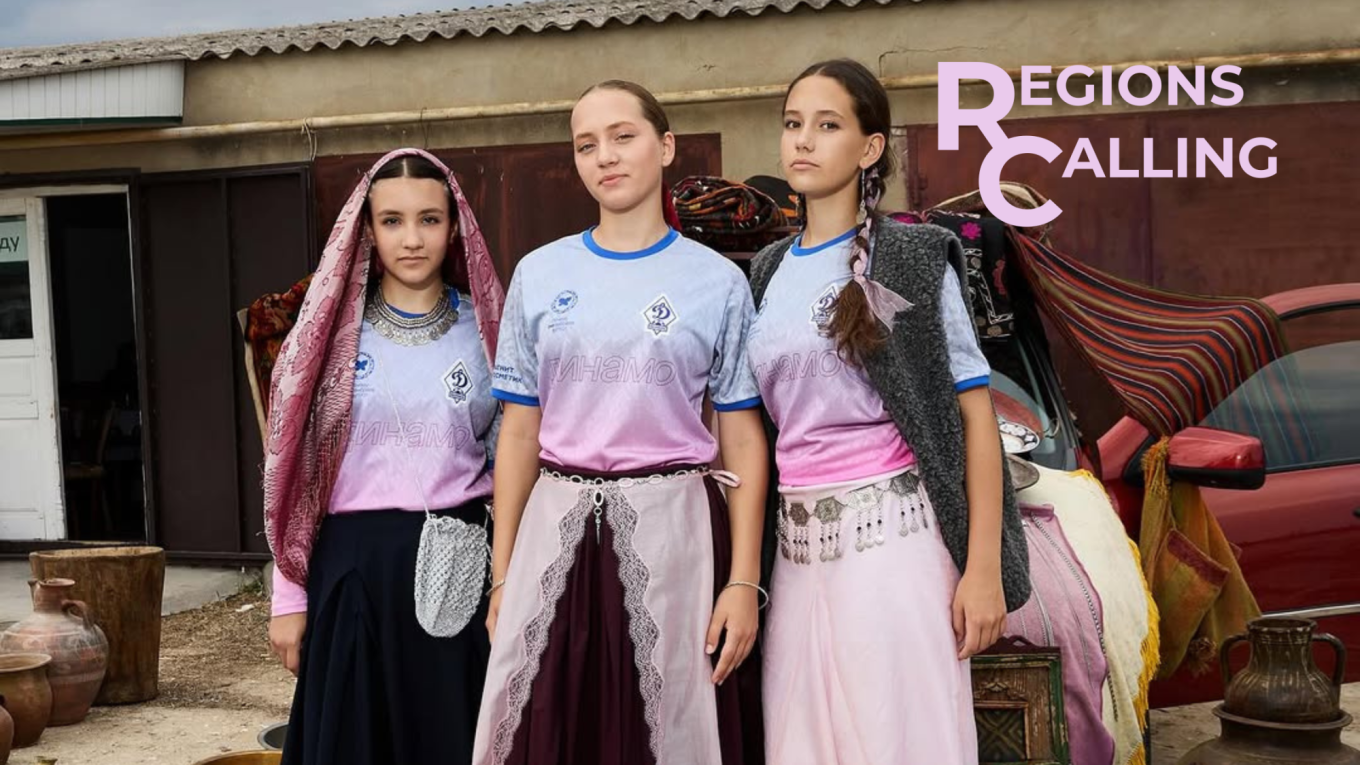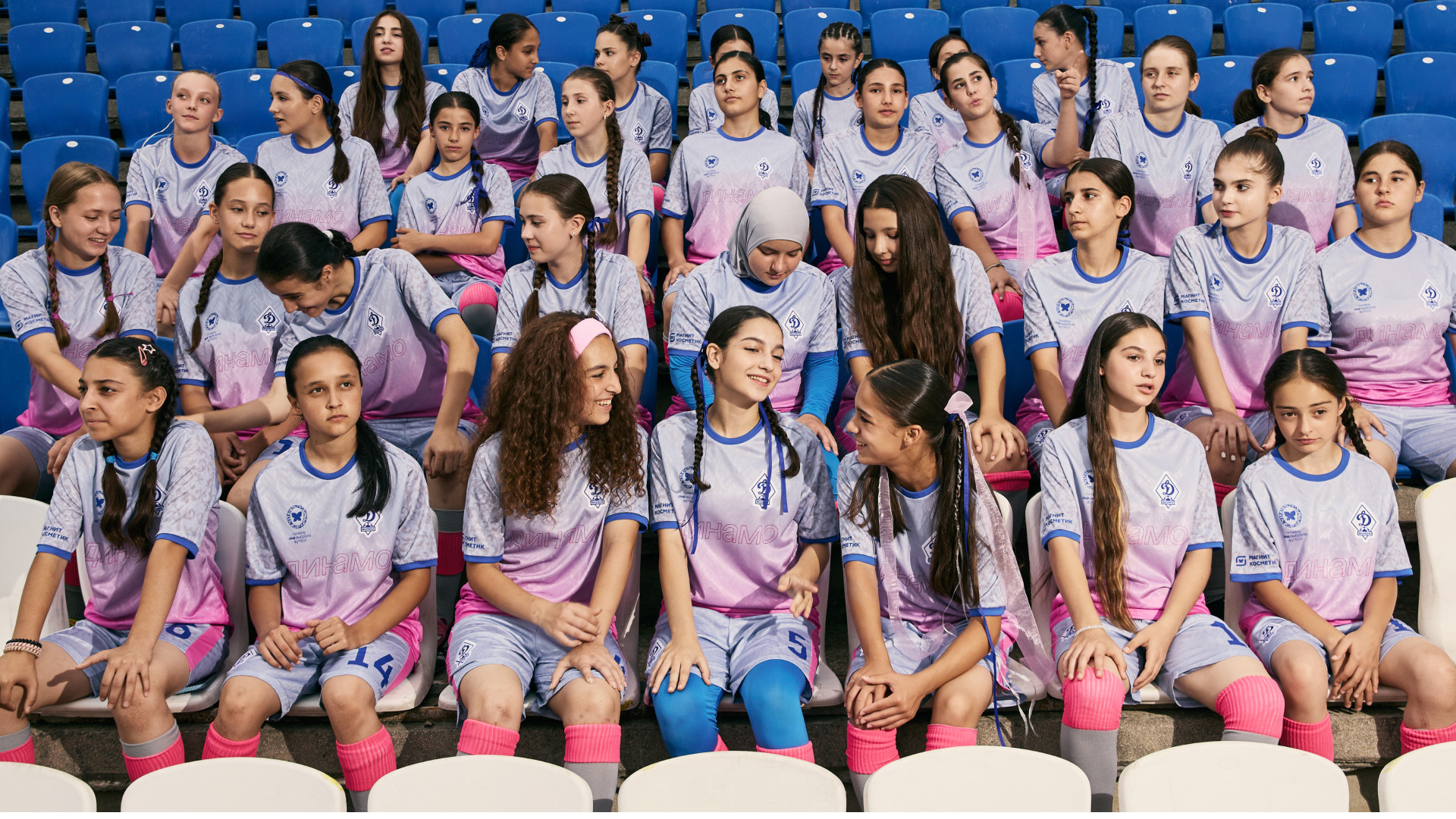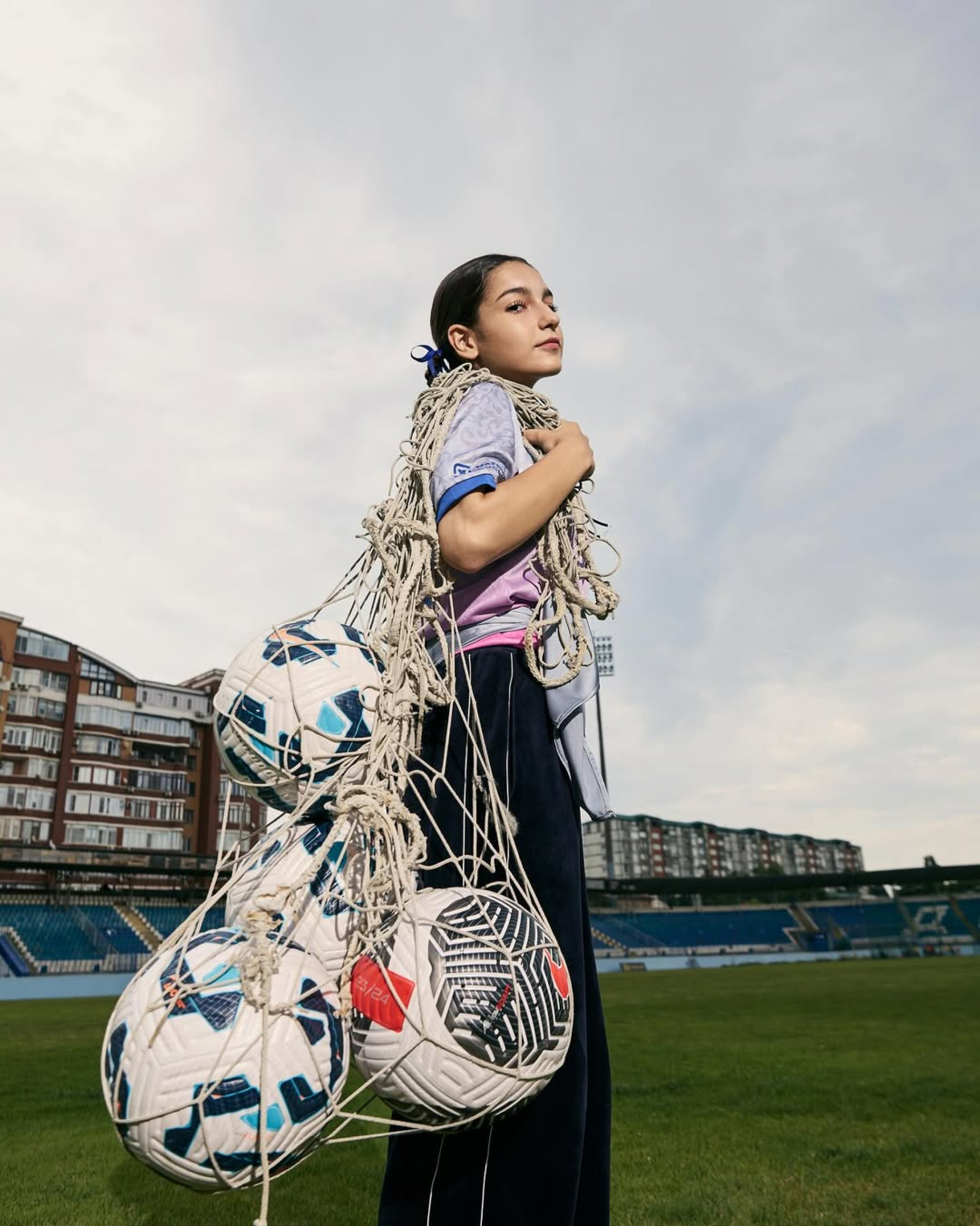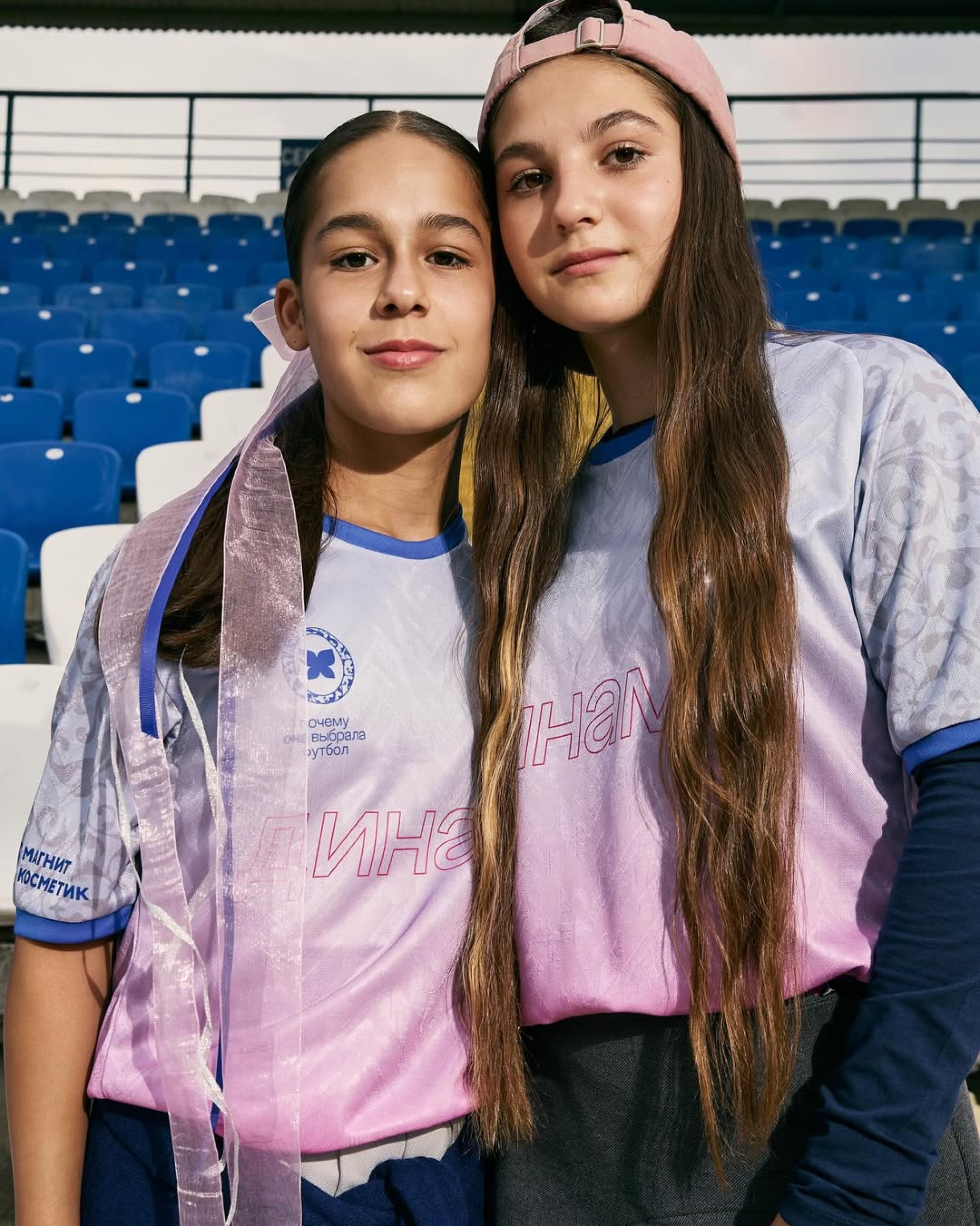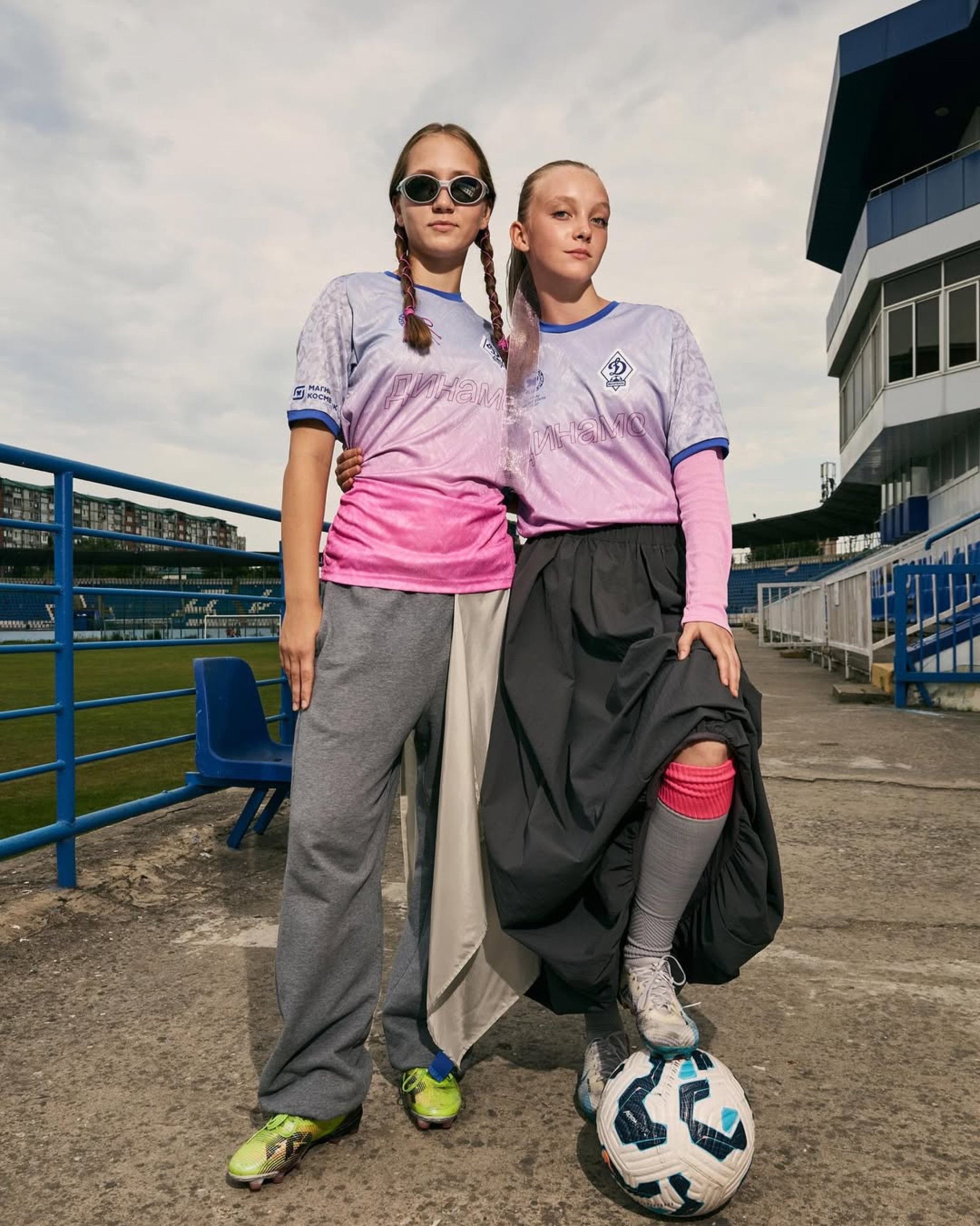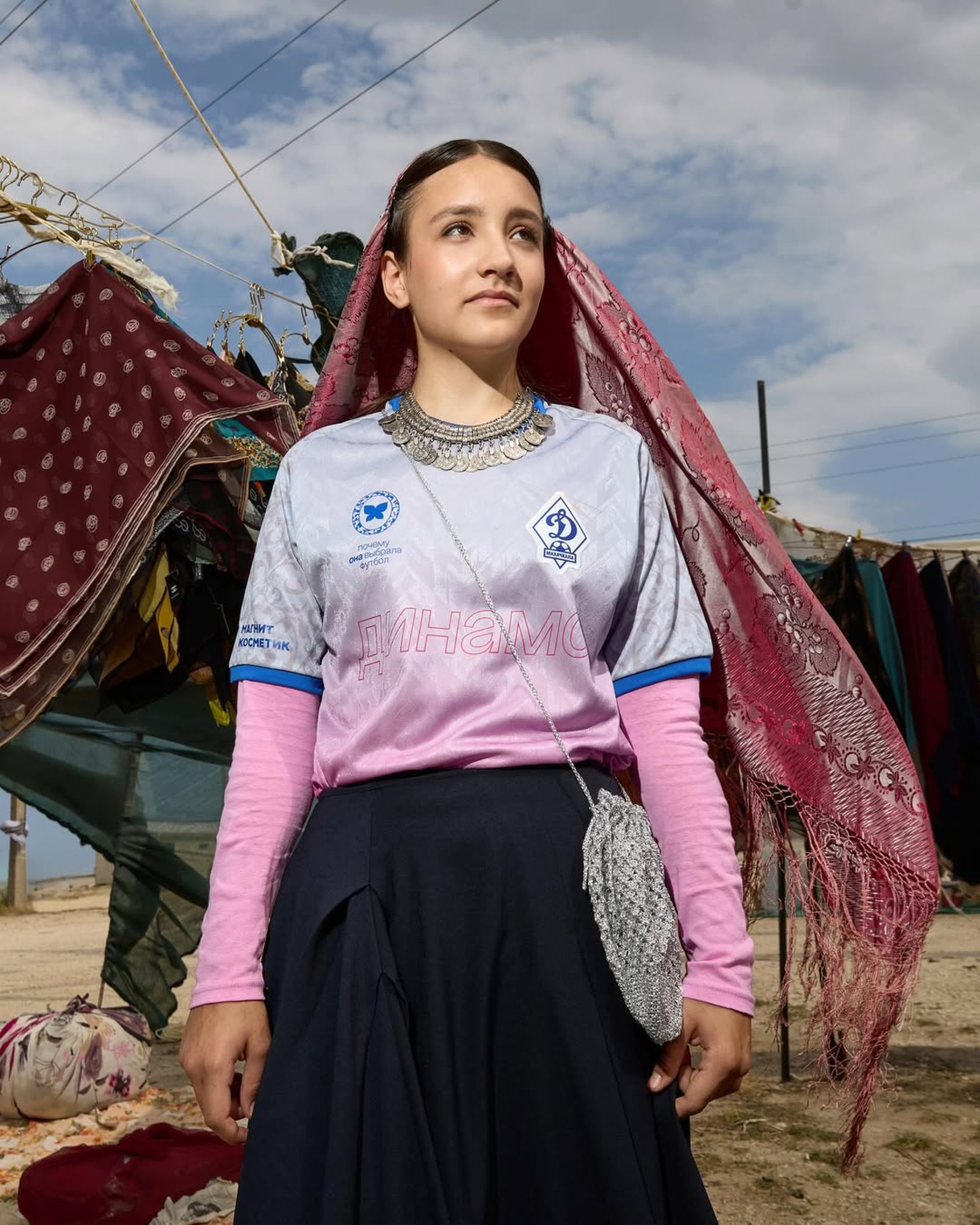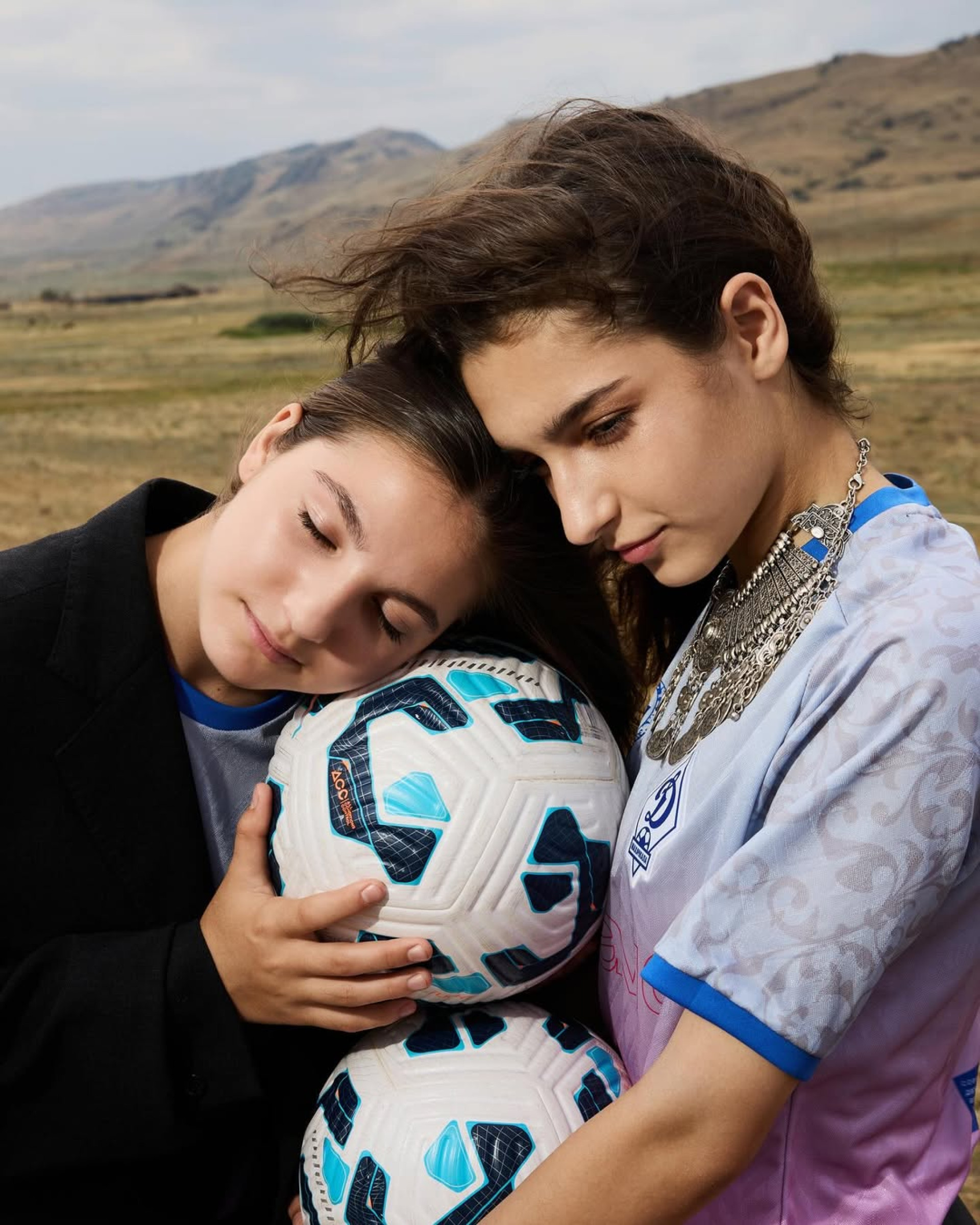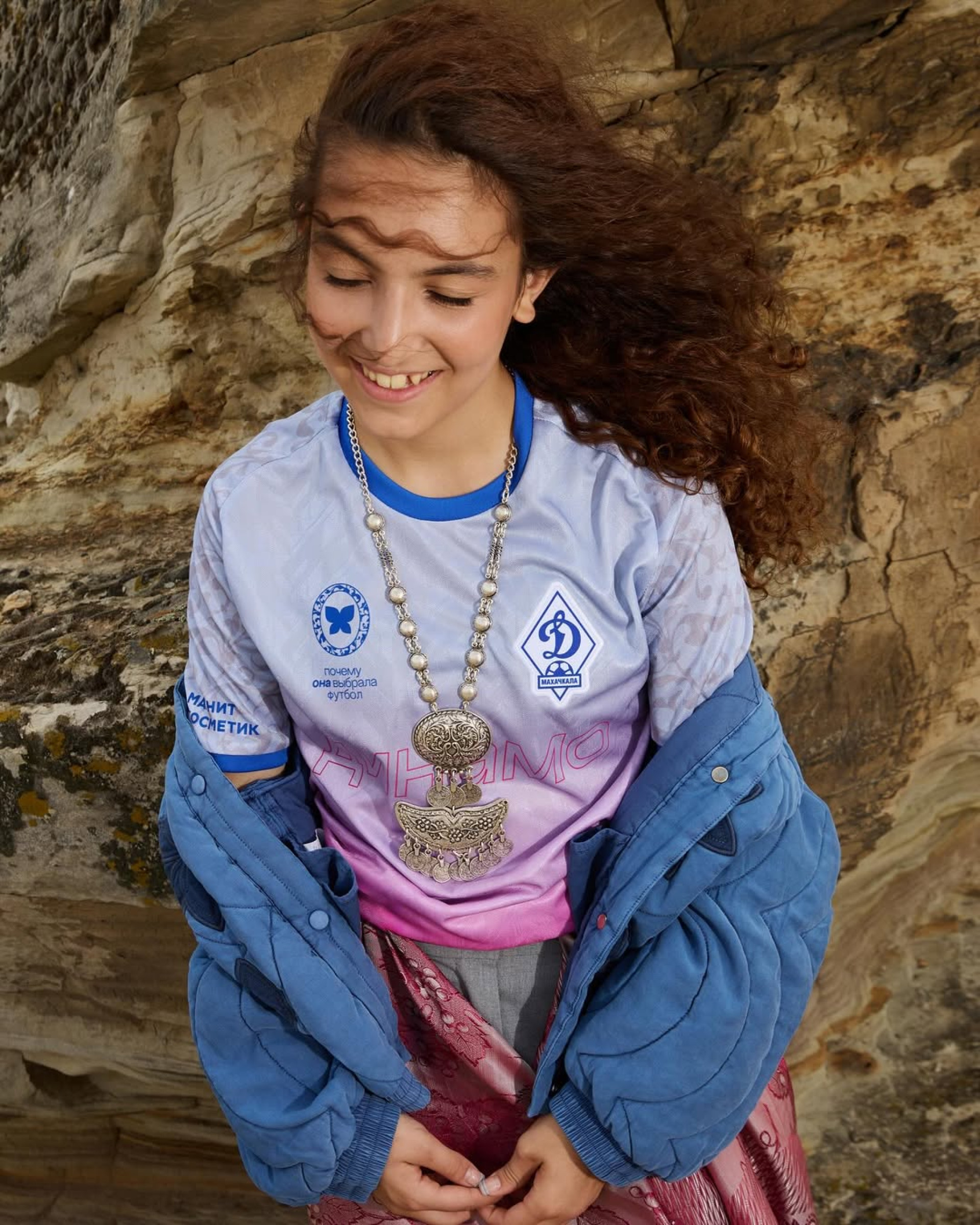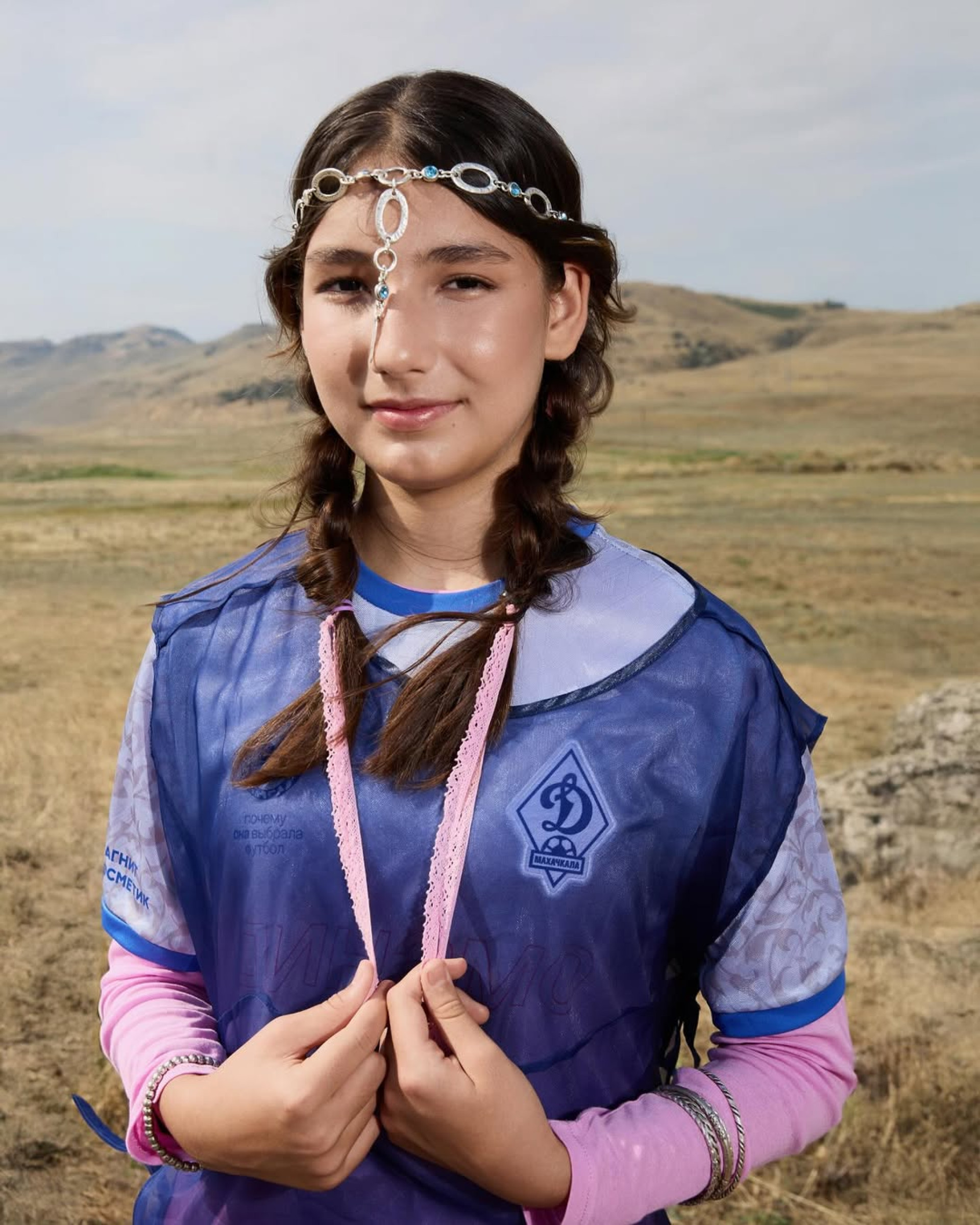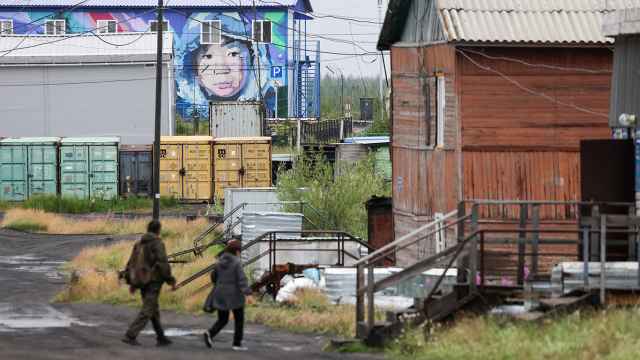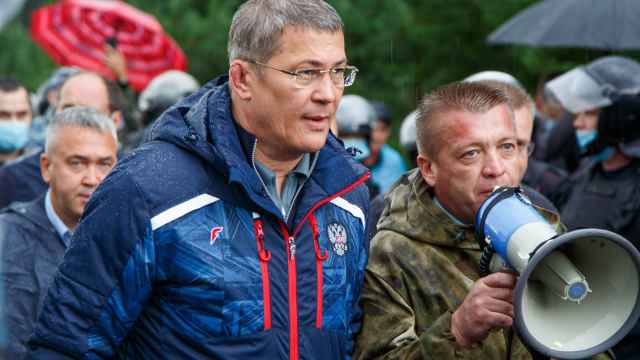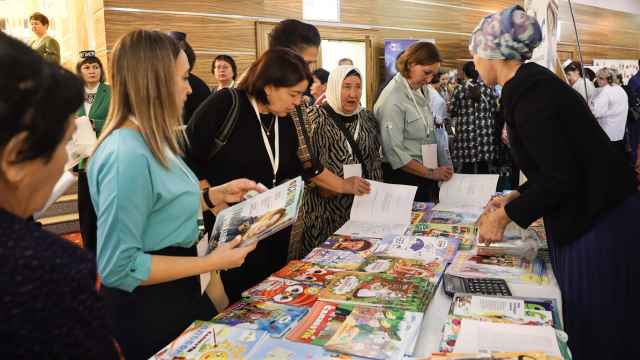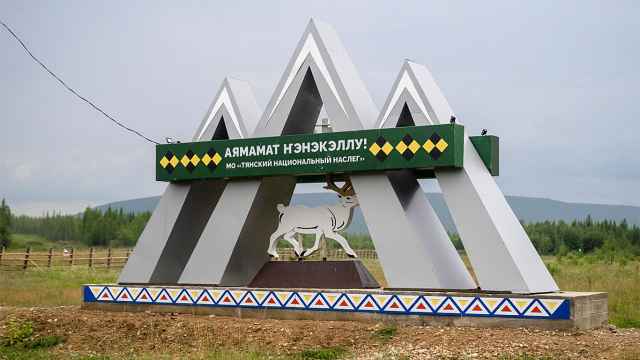Hello and welcome to Regions Calling, a newsletter from The Moscow Times guiding you through developments beyond the Russian capital.
This week, we are back in your inbox with a special edition dedicated to the International Day of the World's Indigenous Peoples, observed globally on Aug. 9. To mark the occasion, we asked Russia’s leading Indigenous activists and thinkers to share their thoughts and observations of life in their native communities today.
But first, the latest news from Russia’s regions:
THE HEADLINES
The ramifications of the magnitude 8.8 earthquake, which struck around 150 kilometers (93 miles) southeast of Russia’s Far East Kamchatka peninsula last Wednesday, continue to dominate headlines.
The strongest earthquake recorded in Kamchatka since 1952 triggered an eruption of volcanoes Klyuchevskaya Sopka and Krasheninnikov, which last exploded in 1550.
On Tuesday, the Kamchatka branch of the Russian Academy of Sciences Geophysical Survey confirmed that the entire peninsula shifted two meters to the southeast as a result of the quake. The news gave way to scores of memes on the Russian internet, with some joking that the region is “slowly fleeing towards the U.S.”
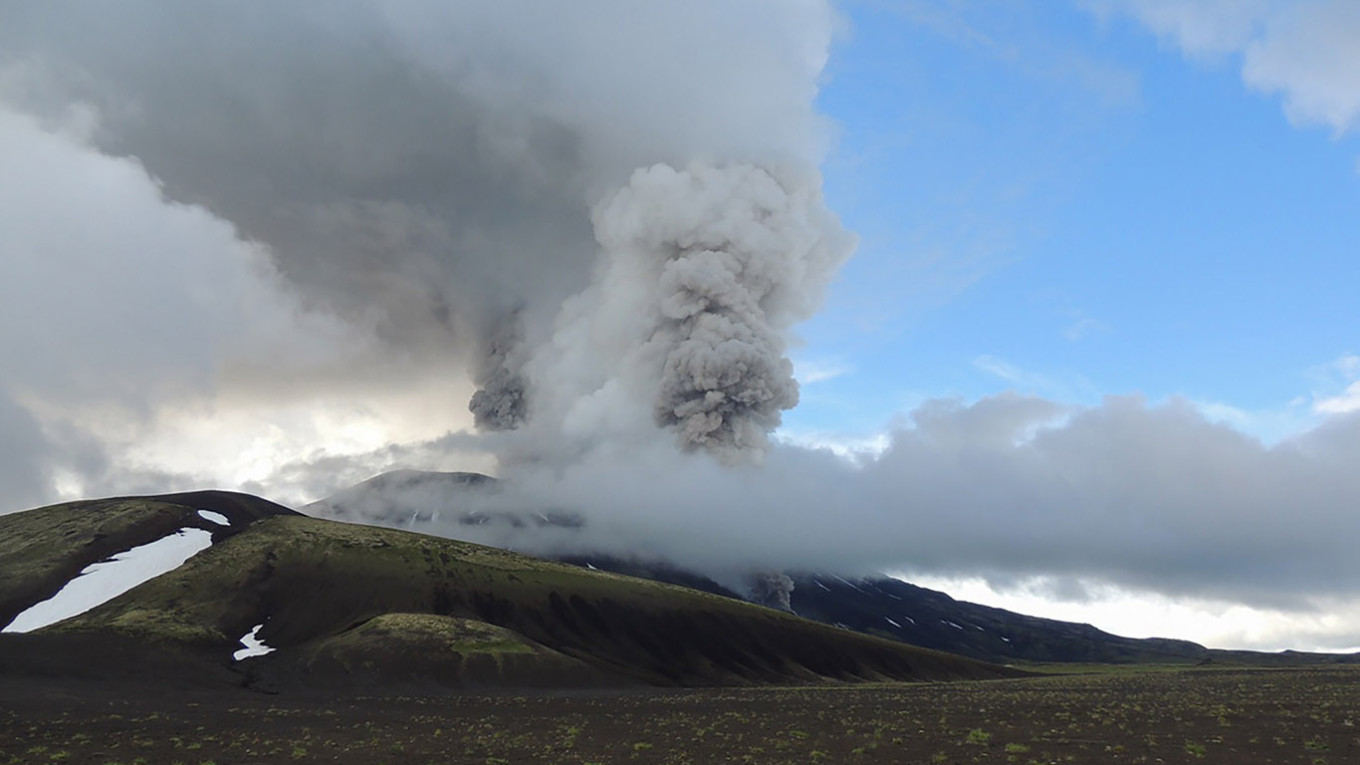
Most residents of Russia’s regions, in the meantime, continued to experience issues with internet access after authorities confirmed the indefinite suspension of mobile internet services due to security reasons. The most severe and prolonged internet restrictions were recorded in the North Caucasus republic of Ingushetia, where a near-complete shutdown has been ongoing since July 30, according to local media reports.
In neighboring Chechnya, a local court sentenced the already-jailed mother of outspoken critics of leader Ramzan Kadyrov to an additional 3 years and 11 months in prison, while Kadyrov’s teenage son was appointed to oversee the distribution of humanitarian aid for the Gaza Strip.
And in the North Caucasus republic of Kabardino-Balkaria, more than 350 people were evacuated due to mudslides near Mount Elbrus last week.
In Russia’s northwestern Vologda region, Governor Georgy Filimonov is escalating a campaign against “alcohol terrorism” by trying to push the liquor store giant Krasnoe & Beloe out of the local market.
Meanwhile, a government-commissioned study revealed that nearly 130 small Russian towns are at risk of disappearing due to accelerating depopulation and the resulting collapse of local economies. Among the hardest-hit areas are the Sverdlovsk and Tver regions, as well as the republics of Komi and Karelia.
THE SPOTLIGHT
Russia’s Indigenous Voices Speak of the Plight of Their Peoples
Russia is home to more than 180 minority ethnic groups, most of whom inhabited the territories they live in today before and during Russian colonization. Most representatives of these groups self-identify as Indigenous despite the Russian government denying that status by law.
On this International Day of the World's Indigenous Peoples, The Moscow Times asked prominent Indigenous activists and thinkers from Russia to share insights on challenges faced by their communities in Russia today.
These interviews have been edited for length and clarity.

Viliuia Choinova, Sakha activist, republic of Sakha
Life for people in the republic of Sakha today can be described as a mix of resilience and mounting hardship. The state of critical infrastructure worsens each year and the number of social challenges is rising.
Many men who worked in housing and communal services — a vital but already understaffed sector — died in the war in Ukraine, which created a serious gap in the provision of essential services.
Despite decades of promises by the government, there is still no bridge across the Lena River [that would finally connect the capital, Yakutsk, with the rest of the Russian road network]. Residents are forced to endure long queues and pay exorbitant [ferry] fees in summer and risk their lives in autumn and spring to cross the river [over thin ice].
This summer, devastating floods hit the Oymyakon district [home to the world’s coldest inhabited settlements]. The floods destroyed homes and displaced [dozens of] families, highlighting the lack of adequate disaster response infrastructure in the republic. Instead of being allocated to infrastructure improvement, essential services or disaster response, government funds are being funneled into military propaganda and one-time payments for draftees [for the war in Ukraine].

Zarema Gasanova, Avar activist, republic of Dagestan
For Avars and other Indigenous peoples of Dagestan, life in Russia is shaped by repressions waged in response to attempts at preserving local self-governance, [Indigenous] languages and pre-colonial systems of knowledge. Dissenters and activists are being pressured by security services, labeled as terrorists or extremists or face other fabricated legal charges.
Dagestan’s Muftiate, a state-controlled [Islamic] religious authority, is toeing the Kremlin’s line, replacing deeply rooted religious and cultural traditions with politically convenient ideology.
At the same time, policies adopted by the region’s marginalization and Moscow-centric government are depriving the republic of development opportunities and intensifying its social, economic and cultural marginalization.
Meanwhile, the rhetoric adopted by Russian media and the state encourages a persistent association of people from the North Caucasus with “[terrorism] threat,” fueling social tension and xenophobia. This creates additional barriers for people seeking employment — especially in large Russian cities — and integration into the dominant Russian social environment.
The erasure of Indigenous languages further deepens the crisis of identity.
Despite all this, our people continue to strive to preserve our historical memory, language and traditions and culture.
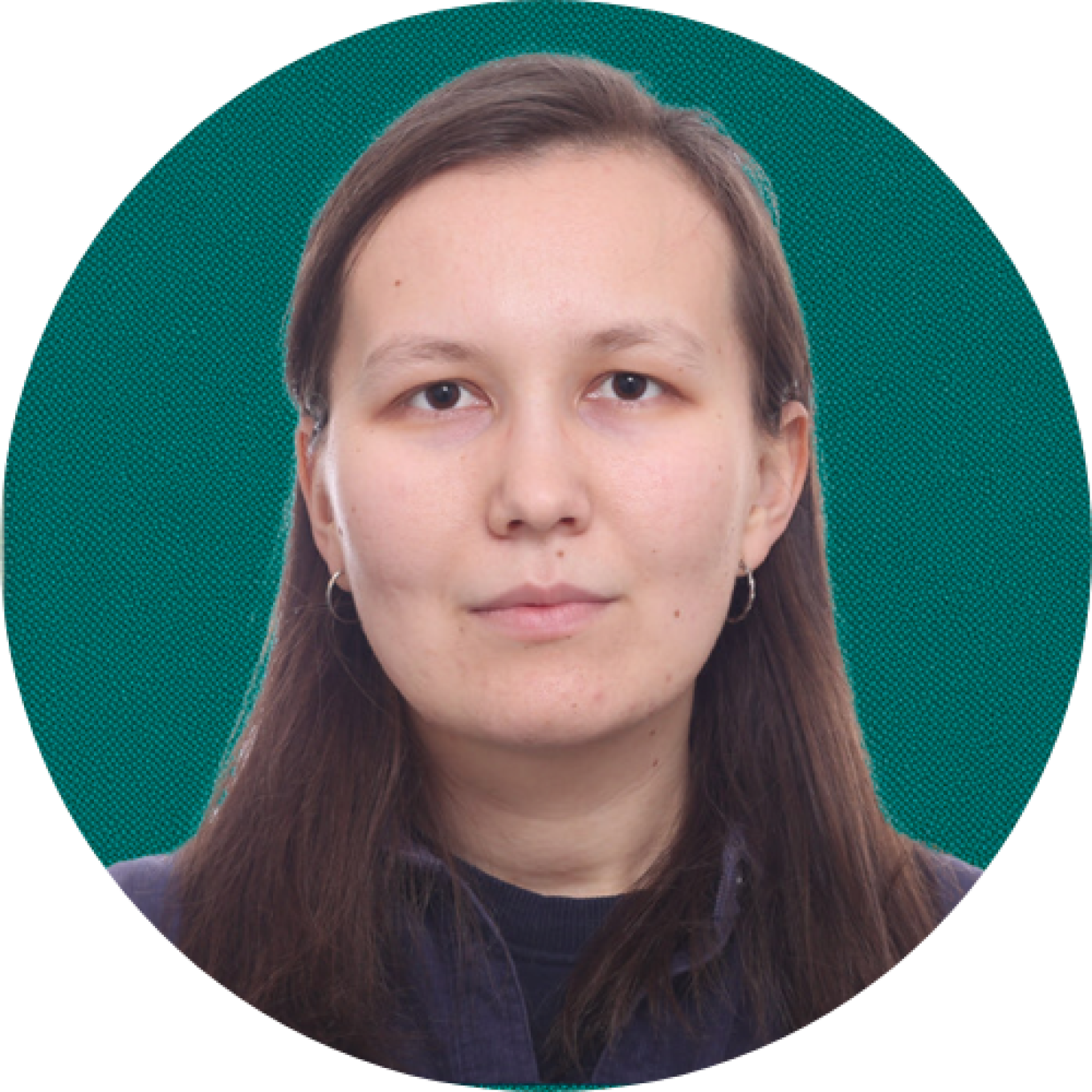
Iliuza Mukhamedianova, Bashkir social researcher, republic of Bashkortostan
The Indigenous Bashkir community is still alive and continues to evolve.
Bashkir grassroots cultural projects, such as the Samaurly Ritayim [summer festival in the capital Ufa] or [Bashkir folk band] Ay Yola, have gained recognition both within Bashkortostan and internationally — despite the latter involving pro-government artists.
However, we [Bashkirs] are facing challenges that are familiar to other Indigenous communities as well.
First, the issue of language. Starting from 2025, only one hour per week will be allocated to studying the “native language” in first-grade classes.
Second, the environmental concerns. A new ecological conflict is emerging in Bashkortostan around the Kyrktytau mountain range.
The third challenge is the [mobilization of men for] the ongoing war in Ukraine, which affects the entire country, but also reveals deep structural inequalities. Bashkortostan currently ranks first among Russia’s regions in terms of reported casualties.
PHOTO OF THE WEEK
The Dynamo Makhachkala football club from Russia’s republic of Dagestan partnered with the cosmetics retail giant Magnit Cosmetics for a campaign promoting women’s soccer in the North Caucasus republic.
"We believe that football in Dagestan is impossible without women — whether it's playing on the field, coaching, or offering heartfelt support from the stands. This project gives a voice not only to the academy's female players but also to all women, both within the republic and beyond," said a campaign press release published by Dynamo Makhachkala on Tuesday.
These photos are from the campaign’s inaugural photoshoot featuring students of the club’s female academy. Some football players are seen wearing the traditional jewelry of Dagestan’s Indigenous nations, while their custom uniforms are adorned with traditional ornaments.
CULTURE & ENTERTAINMENT
- Morteshka, a game-developing studio from the city of Perm in Russia’s Ural Mountains, released a Russian folk horror game, “One-Eyed Likho.” Steeped in Slavic folklore, the game invites players to “outwit the malevolent Likho by navigating shadowy landscapes and solving intricate fire-based puzzles.”
- A team of Indigenous creators from the republic of Sakha released an online adventure game exploring the effects of global warming and permafrost collapse on the lives of local communities in the Arctic region. The game, titled “Irbet Tong,” is available to play on Steam in the English, Russian and Sakha languages.
A Message from The Moscow Times:
Dear readers,
We are facing unprecedented challenges. Russia's Prosecutor General's Office has designated The Moscow Times as an "undesirable" organization, criminalizing our work and putting our staff at risk of prosecution. This follows our earlier unjust labeling as a "foreign agent."
These actions are direct attempts to silence independent journalism in Russia. The authorities claim our work "discredits the decisions of the Russian leadership." We see things differently: we strive to provide accurate, unbiased reporting on Russia.
We, the journalists of The Moscow Times, refuse to be silenced. But to continue our work, we need your help.
Your support, no matter how small, makes a world of difference. If you can, please support us monthly starting from just $2. It's quick to set up, and every contribution makes a significant impact.
By supporting The Moscow Times, you're defending open, independent journalism in the face of repression. Thank you for standing with us.
Remind me later.



